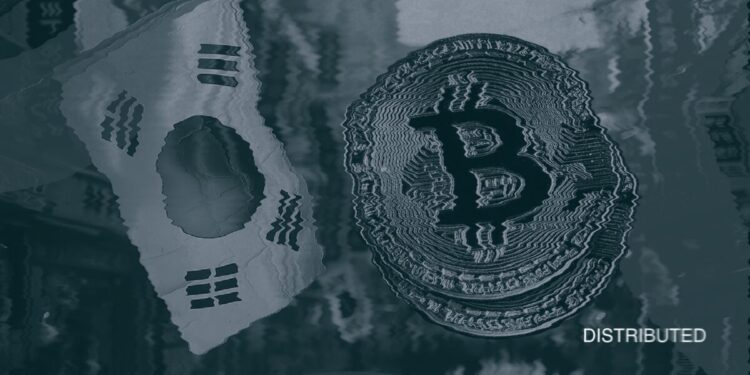- A won-backed stablecoin bill set for October aims to reduce South Korea’s dollar-pegged stablecoin dependence.
- Stablecoin oversight tightens globally as South Korea joins the U.S in regulatory frameworks.
South Korea’s Financial Service Commission (FSC) is reportedly planning to present a government-backed bill in October. This initiative is part of the second phase of FSC’s Virtual Asset User Protection Act, which seeks to establish regulation for won-backed stablecoins.
Park Min-gyu, a Democratic Party representative, shared in a statement, “I recently received a report from the Financial Services Commission on the direction of stablecoins,” adding, “The government’s proposal is expected to be submitted (to the National Assembly) around October.”
The proposal law will entail guidelines on issuances, collateral handling, and internal governance structured for the digital assets. This move stems from a growing push by President Lee Jae-myung’s to minimize South Korea’s reliance on dollar-pegged stablecoins.
Several legislative proposals have already been introduced, among them the Digital Asset Basic Act, the Act of Issuing Value-Stable Digital Assets, and the Payment Innovation Act. Meanwhile, major banks are working together on a won-stablecoin which is expected by late 2025 or early 2026 to shield the won from rising dollar dominance.
See Related: Marathon Digital Bought Over $618M In Bitcoin In October And November
From Washington To The World: Stablecoin Regulation Watch
With the United States ramping up efforts on stablecoin legislation, South Korea is expected to catch up with the new government-backed bill. This happens when the won-pegged stablecoin continues to gain traction since President Lee Jae-myung pledged it during his campaign.
The United States’ newly enacted GENIUS Act mandates stablecoins to maintain full backing and transparency through broader federal coordination. According to the FSC Vice Chairman, South Korea’s decision to fast-track its crypto regulation is a strategic response to both domestic demand and global developments like the GENIUS Act.



